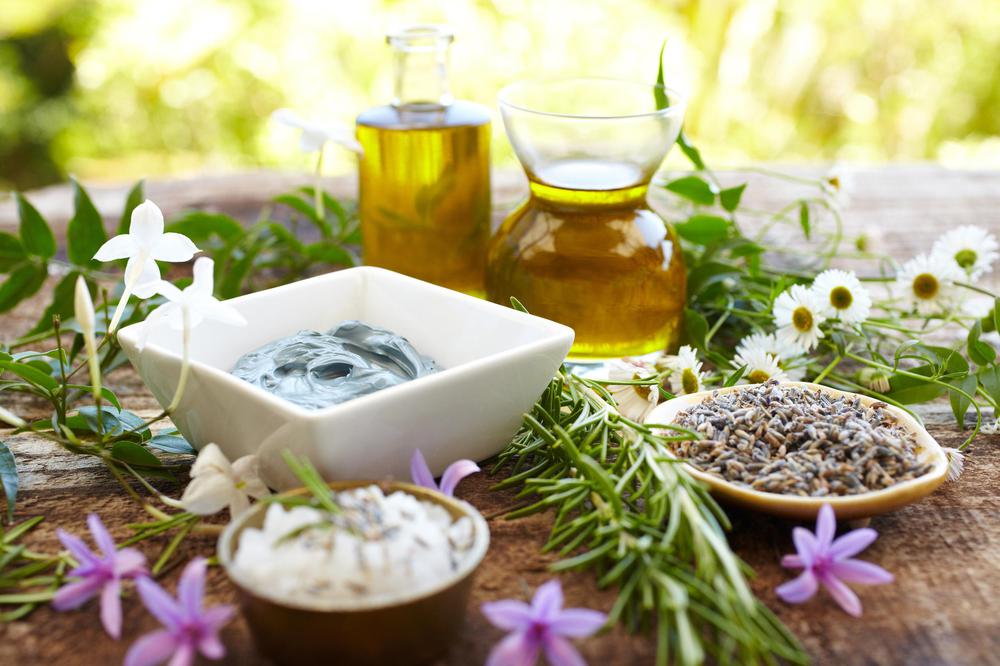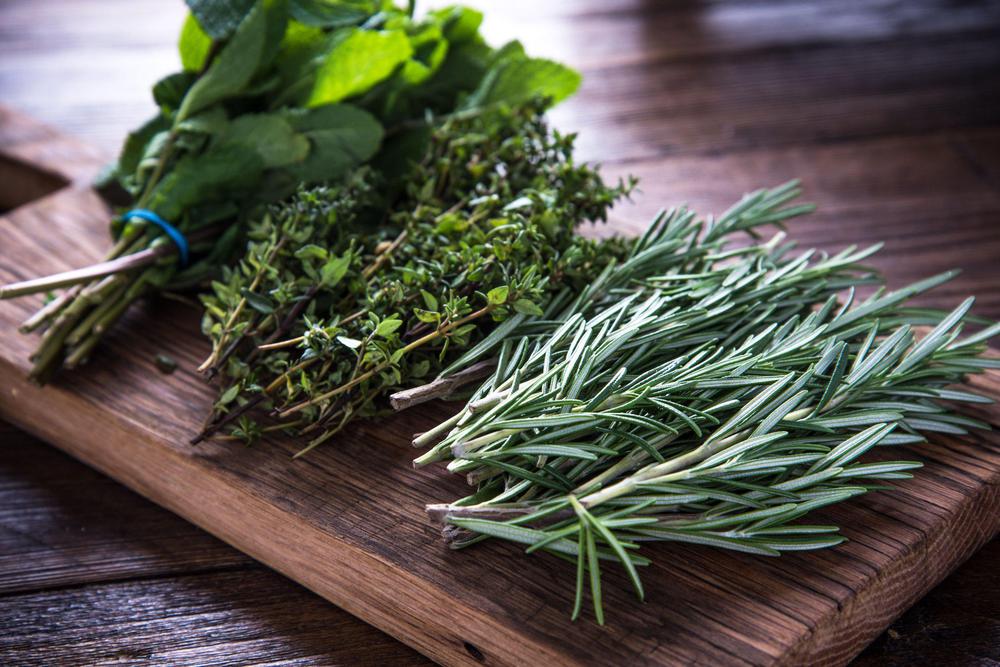Georgia, a land rich in culture and tradition, holds a unique place in the world of herbal medicine and aromatherapy. This article delves into the intricacies of Georgian aromatherapy, focusing on its use of local herbs for wellness and spa treatments. By exploring the history, commonly used plants, and preparation methods, we unveil the essence of this age-old practice.
History Of Georgian Herbal Medicine
Georgian herbal medicine, deeply embedded in the nation's history, has been a cornerstone of wellness for millennia. The ancient Georgian language itself contains over 300 words for various plants and herbs, indicating the significance and diversity of herbal knowledge in the region. Influenced by Greek, Roman, Persian, and Arab cultures, Georgian herbal medicine has nevertheless maintained a distinct identity, passed down through generations and still widely practiced today.
Common Plants In Georgian Aromatherapy
Several local herbs are pivotal in Georgian herbal medicine and aromatherapy:
- Chamomile: Known for its calming properties, it's used to treat anxiety and insomnia.
- Mint: A remedy for digestive issues like bloating and indigestion.
- St. John's Wort: Employed in treating depression and anxiety.
- Thyme: Used for respiratory issues, including coughs and bronchitis.
- Rosehip: High in vitamin C, it's utilized to boost the immune system.
- Nettle: Effective for treating allergies and inflammation.
- Lemon Balm: Used for anxiety and insomnia.
These herbs are often combined to create potent remedies. For instance, a tea blending chamomile, mint, and lemon balm can be an effective treatment for anxiety and insomnia.
Preparation Methods In Georgian Herbal Medicine
The preparation of these herbs is an art in itself, with several methods employed:
- Infusion: Steeping herbs in hot water, commonly used for teas.
- Decoction: Boiling herbs, especially for harder plant materials.
- Tincture: Soaking herbs in alcohol to extract active compounds.
- Ointment: Mixing herbs with a base for topical applications.
Each method caters to different types of remedies, with infusions typically used for teas and decoctions for more concentrated herbal solutions.
Georgian Herbal Medicine In Modern Practice
In contemporary Georgia, traditional herbal medicine coexists with modern medical practices. Many doctors prescribe herbal remedies alongside conventional treatments. Healers, respected members of the community, play a crucial role in this practice.
Interestingly, the connection between Georgian herbal medicine and the country's cuisine is profound. Herbs used medicinally are often featured in traditional Georgian dishes, exemplifying their integral role in the culture.
Llc Georgian Herbs: A Case Study
A notable example of modern-day application is LLC Georgian Herbs, founded in 2012. This company exemplifies the sustainable harvesting and international export of Georgian medicinal and culinary herbs. They deal with a variety of products, including licorice roots, nettle, eucalyptus, and rosehip, among others. LLC Georgian Herbs highlights the global relevance and demand for Georgian herbal products, reflecting their quality and efficacy.
Conclusion
Georgian aromatherapy and herbal medicine represent a blend of ancient wisdom and modern practice. Their reliance on natural remedies and local herbs underscores the importance of traditional knowledge and the power of nature in promoting wellness. As the world increasingly turns towards natural and traditional health solutions, Georgian herbal practices stand out as a valuable and intriguing component of alternative medicine.

 Relax and Rejuvenate
Relax and Rejuvenate
 Healing Practices in Mountainous Adjara
Healing Practices in Mountainous Adjara




